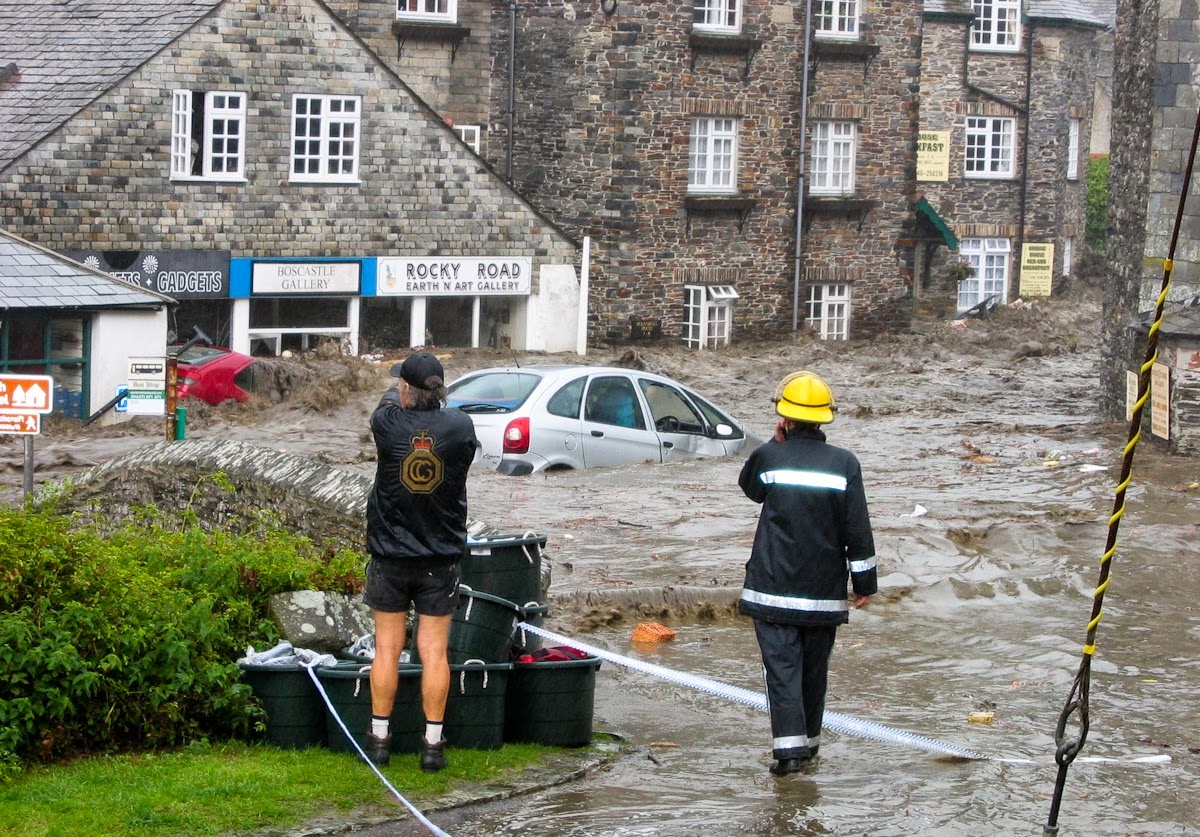Off-duty Coastguard officer saves life with CPR training
Coastguard Rescue Officer Graham Lawton helped save a life on his way home last month, thanks to the CPR training all HM Coastguard volunteers receive.
The member of
Southport Coastguard Rescue Team would like to see everyone learn Basic Life
Support training, which includes CPR, to ensure further lives could be saved.
“He would not
have made it without the CPR, it’s that simple,” he said.
 |
| Two Air Ambulances were sent to assist |
Graham came
across the collapsed cyclist on the A565 on 13 February and, alongside an
A&E nurse and paramedic, was able to administer urgent medical care
including use of an Automated External Defibrillator (AED).
The
professional diver was driving home from the Coastguard station in his uniform,
when he saw a small group of people on the side of the road at the junction of
the A565 and Sugar Stubbs Lane at Banks, near Southport.
Seeing one
person doing CPR on someone, he immediately pulled over, concerned about what
was going on.
“We (Coastguard
Rescue Officers) all have medical first aid training, including CPR, so I
thought I might be able to help,” he said. “I also carry my own defibrillator and
thought this might be needed too.
“I asked if anyone was medically trained and the woman giving chest compressions said she was a paramedic and the man on airway control said he was an A&E nurse. Two others that had stopped were also CPR trained.
“So it was
clearly not that guy’s time to die – not that many people can do CPR normally.”
He added: “It
goes to show just how vital a skill it is. That man is alive because he was
lucky that those that stopped had this training. I really would urge others to
do the course, it isn’t that hard to learn but it could be the difference
between life and death.”
All Coastguard
Rescue Officers are trained at an enhanced level of pre-hospital Casualty Care
including Basic Life Support such as CPR,
airway control and AED use.
The group
worked together, administering three shocks from the defibrillator, and
breathing for the casualty using a BVM (Bag Valve Mask). They maintained the
casualty until the arrival of an NHS Critical Care Team by air ambulance.
Graham added: “While
the AED was an essential piece of kit for this incident, the single most
important kit was the CPR training everyone on scene had received. It’s a skill
that saves lives every day, and more people are learning all the time.
“Joining the
Coastguard is a great way of learning Basic Life Support and other casualty
care techniques. It's not difficult, and it gives you the ability and
confidence to help another person when they can't help themselves.”
If you're interested in exploring more about becoming a Coastguard volunteer, click here.


